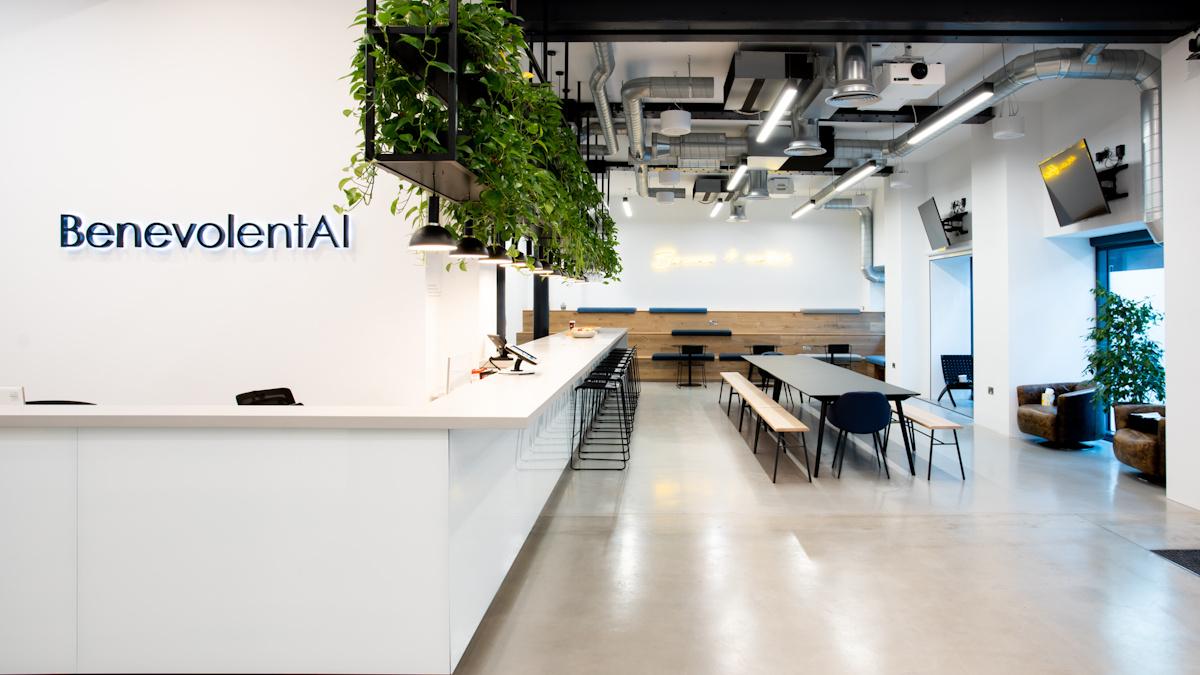Mulvany hits the reset button at BenevolentAI

The shape of BenevolentAI following the return of co-founder Ken Mulvany has started to crystallise and could see the company return to private hands.
The UK specialist in applying artificial intelligence to drug discovery has said the "major strategic overhaul" will see the company return to its "foundational strengths" as a techbio that will help other companies with their AI-powered projects.
That marks a retreat from BenevolentAI's mission to develop its own medicines through mid-stage clinical development and beyond, back to a model that will see promising candidates licensed out to partners at an earlier stage.
The shake-up – which could also see the company de-list from the Euronext Amsterdam exchange – adds to already-announced cuts to personnel and R&D programmes and, according to the company, will extend its cash reserves into 2027. Details of further job losses have not yet been disclosed.
"AI-driven drug discovery, a field that was once revolutionary, is now a fundamental expectation for modern R&D organisations," said Mulvany, who was named executive chairman of BenevolentAI a few weeks ago.
"Despite widespread industry adoption, many companies still struggle to effectively develop these capabilities," he added. "With our extensive experience and numerous successes, we are uniquely positioned to lead the next generation of techbio innovation."
Mulvany – who left BenevolentAI when it listed on the Amsterdam stock exchange in 2022 and retains a sizeable stake in the company – took the reins from former LEO Pharma and Bayer executive Jörg Möller, who had held the position for just nine months, in October.
The co-founder has been vocal in his concern over the direction taken by management in the last couple of years. Since taking over again, Mulvany said he has developed a roadmap "that returns our technologies to more adaptable, standalone products tailored to meet our partners' drug development needs."
BenevolentAI started life as a public company with a valuation of more than £1 billion, but has seen its share price plummet since then and is now valued at around €99 million, despite signing a major $594 million alliance last year with German group Merck KGaA.
Its fortunes in drug development have been mixed. Last year, it reported encouraging clinical data with PDE10 inhibitor BEN-8744 in ulcerative colitis, but topical pan-Trk inhibitor BEN-2293 failed an atopic dermatitis study.
Shares in the company were down nearly 3% to €0.71 at the time of writing, well below its 52-week high of €2.66.











